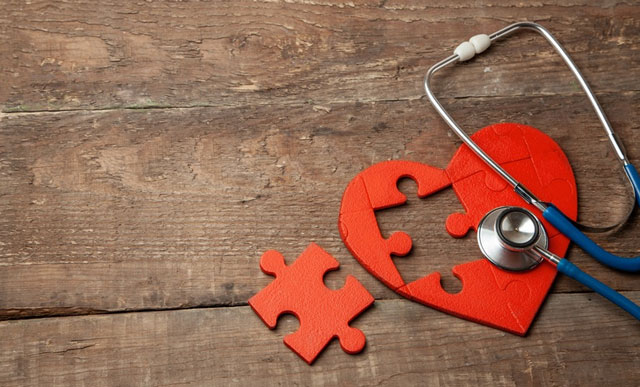Daijiworld Media Network - Mumbai
Mumbai, Oct 10: Survivors of childhood cancer may face a long-term risk of severe valvular heart disease (VHD) decades after completing treatment, according to new research highlighting the cardiac impact of cancer therapies.
The study, spanning over seven decades of European survivors diagnosed between 1940 and 2009, found that heart-directed radiation therapy (RT), anthracycline chemotherapy, and platinum-based agents significantly increase the likelihood of developing valvulopathy.

Survivors exposed to a mean cardiac radiation dose of 5–15 Gy had nearly a fivefold increase in VHD risk, while those receiving 30 Gy or more faced over a hundredfold higher odd of symptomatic heart disease. The risk intensified with time, becoming most pronounced 20–30 years after treatment.
Cumulative exposure to anthracyclines of 400 mg/m² or more tripled the risk, while platinum-based drugs showed a clear dose-response relationship. Other chemotherapies or radiation to non-cardiac organs did not show a significant link.
Researchers urge ongoing cardiac surveillance for childhood cancer survivors, especially those who received combined therapies. Early detection of valvular dysfunction, they note, could prevent severe cardiac complications and improve long-term outcomes.
This study underscores the hidden cardiovascular toll of childhood cancer treatment, highlighting the importance of tailored follow-up care for survivors.